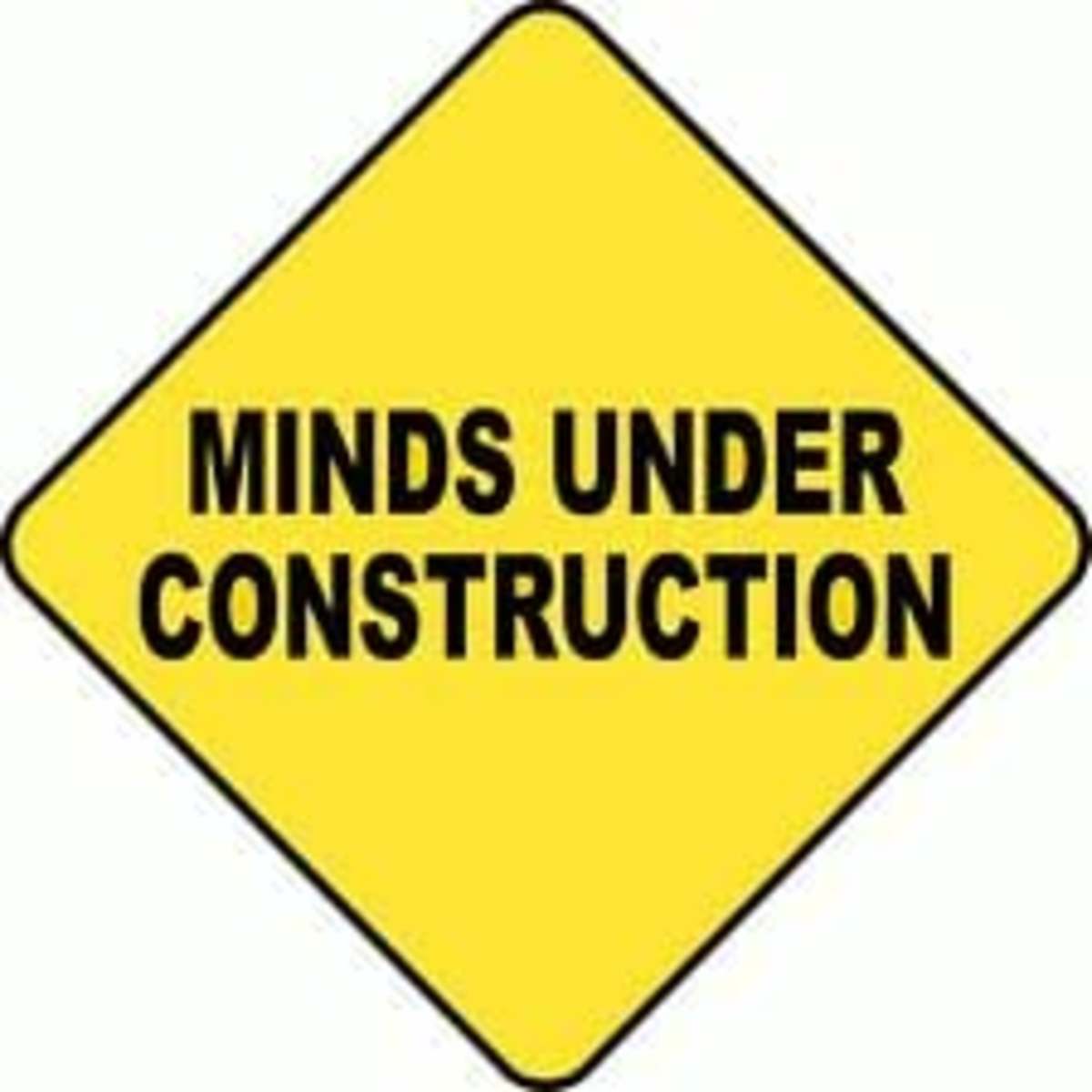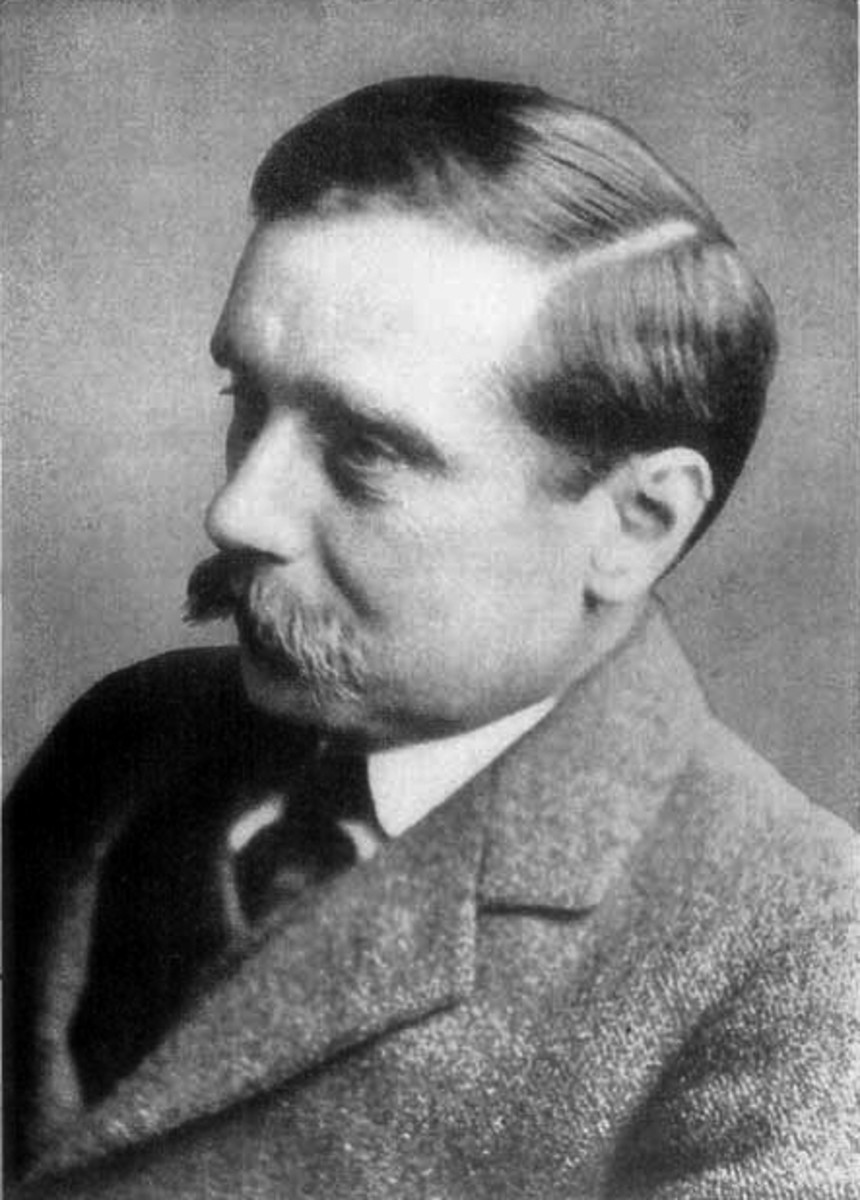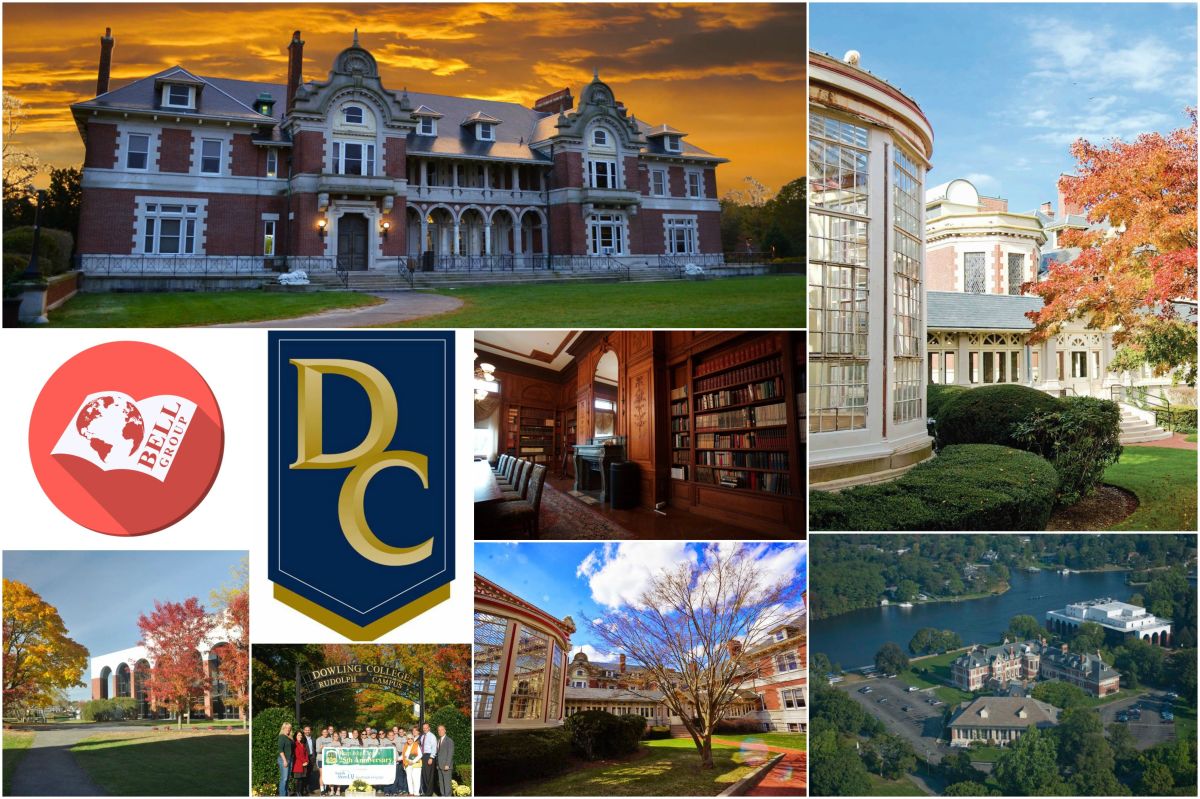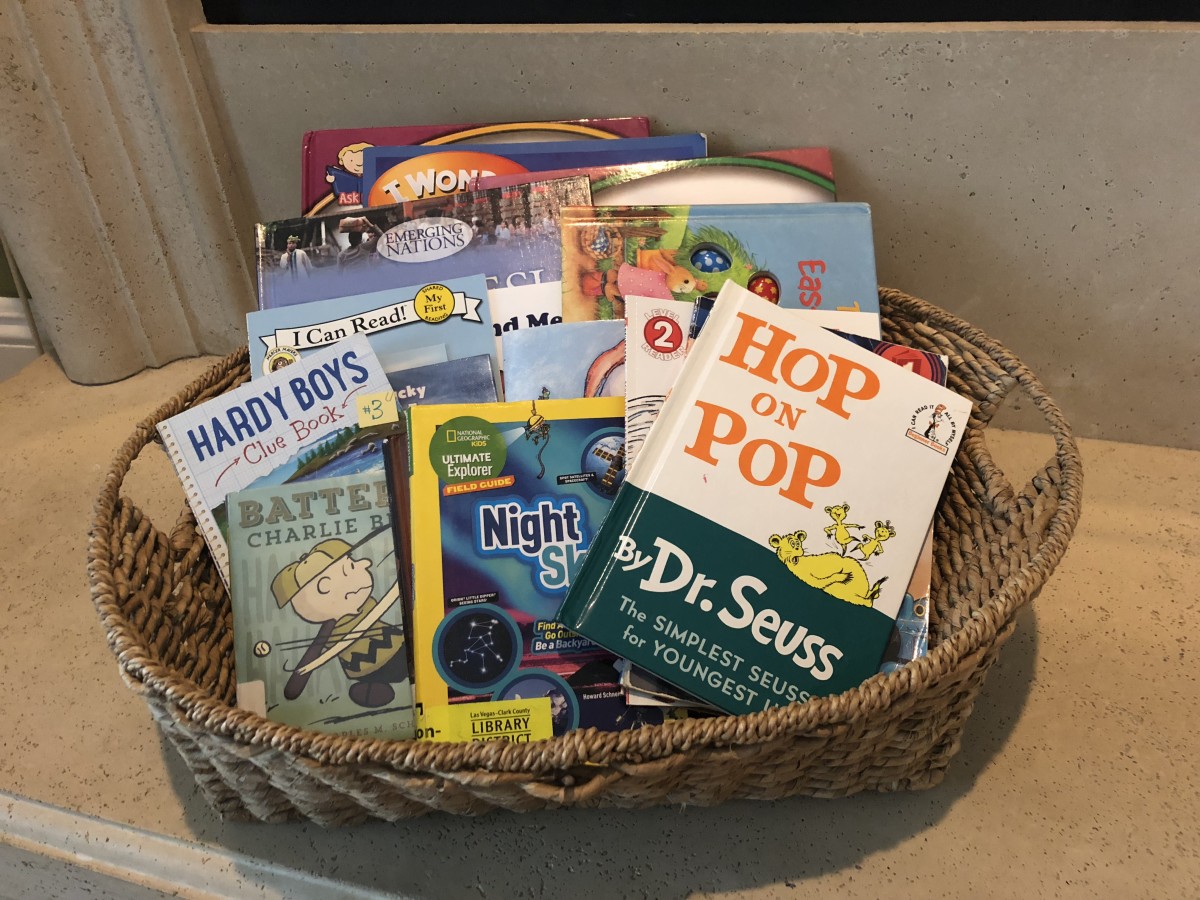Thoughts On John Dewey's "Experience and Education"
Review of Dewey and Education
In Experience and Education, John Dewey attempted to lay a foundation explaining what constitutes progressive education. From the time he started to explore progressive education in practice when he established The Laboratory School at the University of Chicago in 1896 to the time of the writing of this book in 1938, John Dewey had seen both good and abysmal attempts at creating new methods of education. Dewey wrote this book in response to the educators behind those misguided attempts at reform and the purveyors of traditional education who used those blunders as a straw man to attack progressive education. It was his hope to develop the principle of education "positively and constructively" rather than just reacting against the traditional education which he viewed as failing the students (20). He wanted people to stop worrying about labels, whether something is "progressive," "new," or "traditional," and focus on whether students are really receiving a good education (90). This book is an attempt to define what a good education looks like by defining the roles of the educator in progressive education.
Education is just a transfer to the student or discovery by the student of knowledge from the past. Dewey noted the issue was not in what education is, but in how it is done. Being a proponent of positive educative experience, he noted that progressive education and traditional education provide experiences. This makes the issue not whether experience is provided or not but what sort of experience the educator will use to have the student acquire knowledge. Dewey framed the question in his book as follows: "How shall the young become acquainted with the past in such a way that the acquaintance is a potent agent in appreciation of the living present?" (23). According to Dewey, traditional education would just funnel the knowledge accumulated through history into the student through books and instruction from a teacher without connecting the past to the reality of the student. Acquiring the knowledge became the end goal of the education process. Dewey expressed the view that the present should always remain in focus. By keeping the present at the core, the student and teacher would avoid the pitfalls of creating a disconnect between what is being taught to the reality of the student. "The way out of scholastic systems that made the past an end in itself is to make acquaintance with the past a means of understanding the present" (78). This past knowledge that is to be brought into the minds of students should only be done if it is actually relevant to the student's present situations. Dewey described a "water-tight compartment" in the back of our mind where we put impractical knowledge, the knowledge of which we have been taught for use in some particular future circumstance (48). The information in this compartment would be kept there until a circumstance that was exactly like it in the future would be encountered; the problem with this approach to education is that this mythical future for which the information had been stored never occurs.
Wasting a student's time, and, more importantly, stifling their interest by teaching things that are impractical can be avoided if educators focus on their present situation as the basis for lessons. Dewey wrote, "It is a cardinal precept of the newer school of education that the beginning of instruction shall be made with the experience learners already have; that this experience and the capacities that have been developed during its course provide the starting point for all further learning" (74). In deciding what the student is going through and what he needs to learn to succeed in the process, the educator plays a major role. "A primary responsibility of educators is that they not only be aware of the general principle of the shaping of actual experience by environing conditions, but that they also recognize in the concrete what surroundings are conducive to having experiences that lead to growth" (40). Dewey argues that providing the student with enjoyable learning experiences motivates them to continue learning; this motivation matters just as much as the knowledge that is learned (38).
Dewey had to balance between two extremes, those in traditional education who just transferred knowledge to their students and those in the progressive education fields who just valued activity and experience. The former comes from the desire of an educator to make sure the student knows the knowledge he knows and understands it the way he understands it. The latter comes from an overemphasis on freedom of movement. Dewey described both as faulty approaches. Freedom is not to be thought of as freedom to do whatever you want but as freedom to continue to learn. Dewey described the debate as "whether freedom is to be thought of and adjudged on the basis of relatively momentary incidents or whether its meaning is found in the continuity of developing experience" (43) Complete freedom would make the teacher unnecessary and exclude him from the education of the student altogether. The exclusion of a significant role for the teacher appeared to be a trap that many adherents of progressive education were falling into. These well-intentioned yet misguided educators exalted temporary freedom, or as Dewey described it, "outward freedom", as an equal to "freedom of intelligence" (62). Dewey emphasized the importance of intellectual freedom over just a temporary physical freedom: "The only freedom that is of enduring importance is freedom of intelligence, that is to say, freedom of observation and of judgment exercised in behalf of purposes that are intrinsically worth while" (61) It should be the goal of the teacher to help the student strive forward. Some times that would mean that the teacher takes away the student's temporary freedom in order to give them the important freedom of intelligence. According to Dewey, "The teacher loses the position of external boss or dictator but takes on that of leader of group activities" (59) It is this new role of being the most knowledgeable person in the group but not overpowering the group that the teacher needs to master.
Undertaking the responsibility of an educator to guide a student to the land of intellectual freedom can be a daunting task, but that is the task that Dewey believed educators were to focus on. The teacher should be intimately involved in helping the student develop a purpose and avoid their impulses that distract them from that purpose. In regards to a teacher just sitting a child in front of blocks and letting them do whatever they want, Dewey wrote, "The teacher's business is to see that the occasion is taken advantage of. Since freedom resides in the operations of intelligent observation and judgment by which a purpose is developed, guidance given by the teacher to the exercise of the pupils' intelligence is an aid to freedom, not a restriction on it" (71). The teacher must insure that the student is tackling something they can succeed at and that the process of learning will be an enjoyable one to the student (79).
Taking away the individual's temporary freedom is necessary at times when their impulses are destructive. Dewey wrote, "There can be no greater mistake, however, than to treat such freedom as an end in itself" (63). This temporary freedom is not the goal of education. Impulses that control the individual create an "illusion of freedom" when "he is directed by forces he has no command" (65). A good teacher will help the student put some distance between their impulses and action to allow the student to think through their impulses. "Natural impulses and desires constitute in any case the starting point. But there is no intellectual growth without some reconstruction, some remaking, of impulses and desires in the form in which they first show themselves" (64). One of the main roles of the educator is to take away the individual's personal freedom when that freedom will be destructive and lead to them losing their true freedom of intelligence. "The crucial educational problem is that of procuring the postponement of immediate action upon desire until observation and judgment have intervened" (69). The snares of impulse can quickly transform one into feeling free when they are really entangled in their impulses.
The educator defends the individual from their own impulses by guiding the student's development of a clear purpose and keeping them on course. Dewey described the purpose as the "end-view." Purpose "involves foresight of the consequences which will result from acting on impulse." He further elaborates, "The formation of purposes and the organization of means to execute them are the work of intelligence" (67). It is a dangerous role to play when an educator stifles a student from pursuing their impulses in order to help them achieve their purpose. Dewey provides two ways for an educator to avoid overstepping their boundaries: "The way is, first, for the teacher to be intelligently aware of the capacities, needs, and past experiences of those under instruction, and secondly, to allow the suggestion made to develop into a plan and project by means of the further suggestions contributed and organized into a whole by the members of the group" (71-72). Although difficult and dangerous, the teacher should never lightly shirk their responsibility to keep their student on track for reaching their purpose nor should they stifle learning because it is going in a direction different from their interests.
Dewey defends progressive education from the view that the responsibility of an educator is nearly insignificant in the progressive setting. Dewey argues throughout the book that this is not so; the progressive educator would have to do more work to meet each individual students' needs than a traditional educator. The new method of teaching is not done so that teachers can do less work. Dewey felt that this misunderstanding of the role of the new educator was the greatest danger to the future of progressive education. "The greatest danger that attends its [the new education] is, I believe, the idea that it is an easy way to follow, so easy that its course may be improvised, if not in an impromptu fashion, at least almost from day to day or from week to week" (90). If done properly, the progressive educator must be sensitive to their students needs, perceptive of their true desires, aware of their environment, and helpful in guiding them to their dreams.
Most importantly, Dewey emphasizes throughout the book that the educator has the responsibility of helping each individual student have a good experience in learning. He argues that the educator needs to ask the question, "Does this form of growth create conditions for further growth, or does it set up conditions that shut off the person who has grown in this particular direction from the occasions, stimuli, and opportunities for continuing growth in new directions?" (36). Education can broaden the horizons of opportunity that the student can choose from or it can stifle them from wanting to learn further. If education is to provide good experiences that encourage the student to continue learning, the educator has an important role to play in insuring the student encounters situations that spur him forward.
All quotes from John Dewey's Experience and Education.









